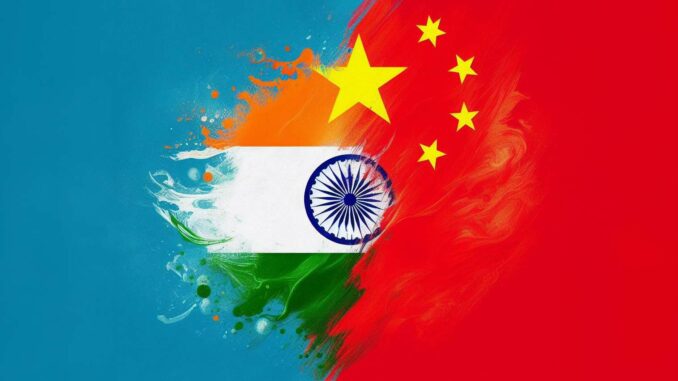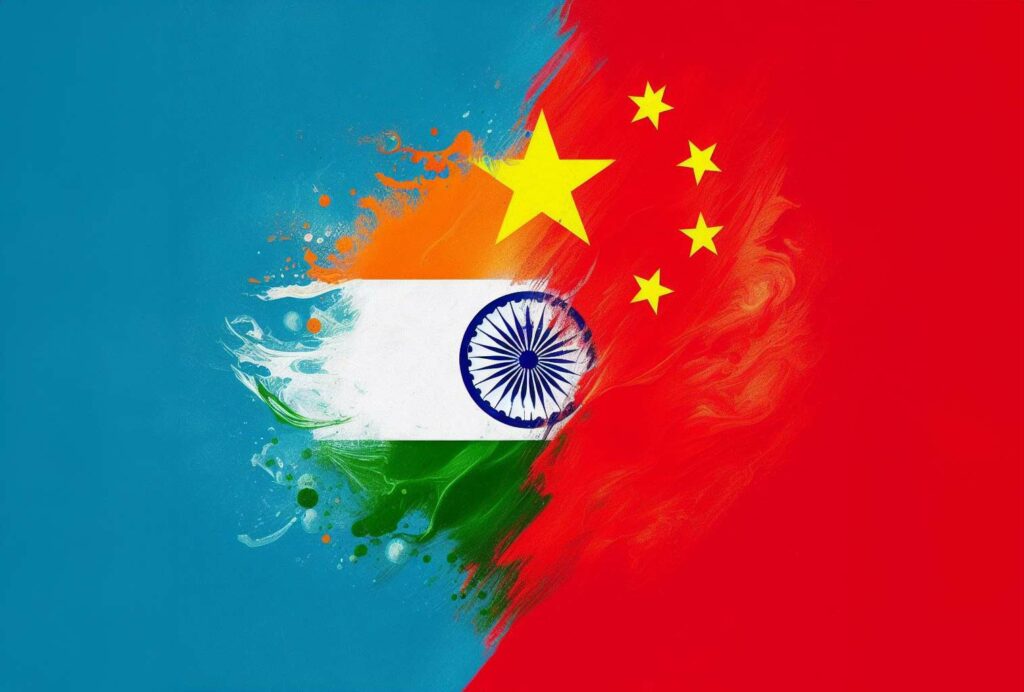
India is analyzing response options to a possible Chinese invasion of Taiwan, following discreet US investigations into India’s potential role in such a conflict. Indian officials, speaking on condition of anonymity, said a study had been commissioned to assess the overall impact of a war involving the US and its allies and determine possible Indian actions.
Geostrategic context
The study ordered by India’s defense chief, General Anil Chauhan, is a reaction to discussions between India and the United States. It considers various war scenarios and options for India, revealing New Delhi’s growing concern about escalating tensions between the US and China.
India’s strategic options
India, navigating a policy of “multi-alignment”, is considering a range of responses. Indian military commanders believe that firm declarations may suffice if the conflict is brief, but more substantial action would be required if it is prolonged, as is the case with the Russian-Ukrainian conflict.
International relations and alignments
Under the Narendra Modi government, India has developed close ties with the United States while avoiding joining international sanctions against Russia. This, despite heightened tensions with China, underlines the complexity of India’s international relations and the difficulty of maintaining a balance between the great powers.
The Quad and regional security
By strengthening its defense with the United States and joining the Quadrilateral Security Dialogue with Japan and Australia, India is seeking to counter Chinese influence. This alliance of democracies could play a crucial role in the event of conflict.
Logistics and military engagement
India could serve as a logistics hub, offering repair and maintenance facilities, as well as supplies for forces resisting China. A more extreme scenario would see India become directly involved along its northern border, opening a new front against China.
Implications of border tensions
Troops, weapons and military equipment have been mobilized along the Indo-Chinese border, demonstrating the level of defiance and preparedness in the face of a common adversary. The release of a new map by China claiming Indian-controlled territory has exacerbated tensions, reducing hopes of a diplomatic resolution.
Military and diplomatic dependencies
Although India has signed a logistical memorandum of understanding with the USA, it remains dependent on Russia for its armaments. At the same time, it has sought to quietly improve relations with Taiwan, a move that could have significant consequences in the current context.
Opportunities for Direct Engagement
According to security expert Lisa Curtis, although India is considering military options, it is unlikely to become directly involved in a conflict over Taiwan. India could offer access to strategic locations such as the Andaman and Nicobar Islands, but would remain reluctant to provide direct military assistance to the United States.
Consequences of a conflict in the Taiwan Strait
The implications of a conflict between China and Taiwan, with the possible involvement of the USA and its allies, could reshape international relations and the balance of power in the Indo-Pacific region. India, as a major regional power, could find itself in a delicate position, having to reconcile its strategic interests with its principles of non-alignment.
Economic and security repercussions
Such a conflict could disrupt vital maritime trade routes, impacting on the global economy and regional security. India, which shares borders with China, could be directly affected by any disruption.
Impact on Indo-Chinese relations
India’s position in a China-Taiwan conflict could worsen or improve its relations with China, depending on its degree of involvement. The possibility of open conflict with China reinforces the need for India to maintain a robust military force ready to respond to all eventualities.
As India weighs up its options in a China-Taiwan conflict scenario, it finds itself at a complex geopolitical crossroads. The decision to engage actively, directly or logistically, in such a conflict will influence not only its security future, but also its relations with the major powers. India’s multidimensional and cautious approach reflects its attempt to navigate an uncertain international landscape, while preserving its national interests and asserting its role as a key regional power. The completion of the commissioned study will determine India’s strategic position and could redefine the balance of power in the Indo-Pacific region.

War Wings Daily is an independant magazine.